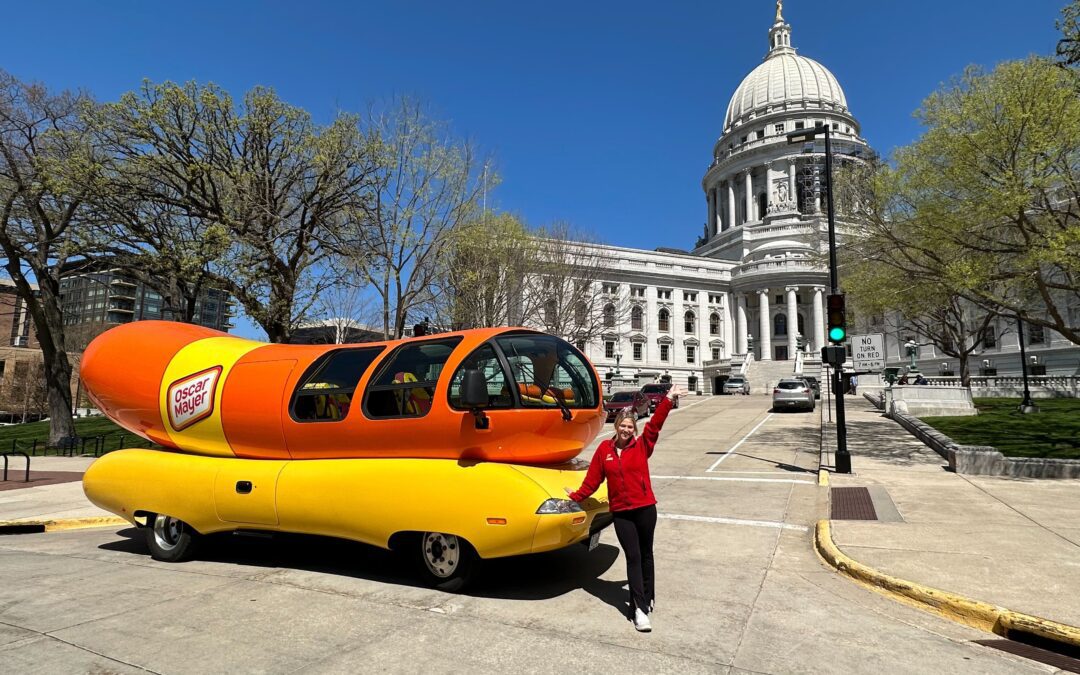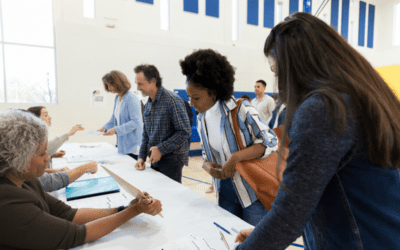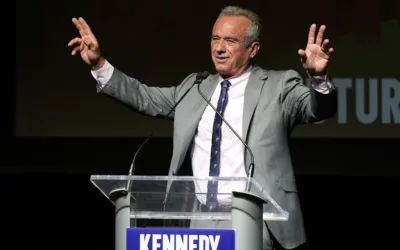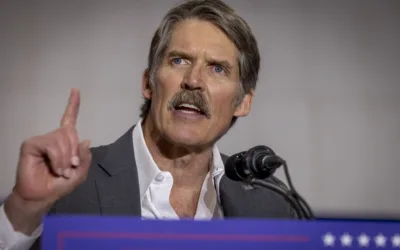
2023 marks 56 years since civil rights leader and the man behind a movement built on love visited Wisconsin.
In the spring of 1967, less than a year before his assassination, Martin Luther King, Jr. spoke to a crowd of around 1,000 at East Gate Hall in Wausau’s Marathon Park. Back then, the building was a part of the University of Wisconsin’s Marathon County campus. That’s where King opened Dr. Jim Perry’s eyes to life.

The Speech
“I was a cloistered kid from Wausau,” recalled Perry, who was 17 and student body president at the time. “I was aware of what was going on, but I certainly was not actively involved. After Dr. King’s visit, I became much more aware of what was going on around me. You could not help but know there was unrest in the South and throughout the country.”
In his address, King called segregation “dead as a doornail”, but also cautioned the crowd about less overt forms of racism which were already harming the Black community. He explained that half of Black Americans lived in substandard housing (a problem which persists today).
Linda Ware, who was teaching at the UW and attended the speech with the man who would become her future husband on what turned out to be their first date, shudders to think about what Dr. King would think of 2023 Wisconsin.
“[King] would be dismayed,” Ware, who was just beginning her career at the time, suggested. “The attitudes that I hear, to the degree that I hear them, are still negative towards the Black community.”
Indeed, elsewhere in his speech, King acknowledged there was a long way to go before the problem of racial injustice was completely solved. He criticized authorities in Mississippi for not doing enough to convict murderers of civil rights workers and said Black and white people were tied together culturally and otherwise for the future ahead. That line drew thunderous applause.

The Aftermath
Perry agrees that King would likely find today’s political climate disappointing and a step backward.
“More than 50 years later, we are still struggling with basic issues of racism,” he said. “It is hard to say just what he might think, but I suspect he would have hoped we’d be well beyond where we are.”
After his closing remarks, King left the stage and led a press conference, where he promised not to limit himself to a set number of movements and would go to any city with a substantial Black population. Sadly, he was unable to accomplish everything he intended. Less than a year after visiting Wausau, he was assassinated.
“I think there was a fair amount of shock in Wausau,” Ware remembered. “The people at the university were just appalled.”

The Future
Wausau and Marathon County Parks Director Jamie Polley says a plaque commemorating King’s Wisconsin visit has been discussed in the past and will be installed during forthcoming renovations.
Until then, people who were in the crowd that day carry King’s prose and positive mindset with them as they continue his fight.
“I think we’ve made progress,” Ware, now in her 80’s, said. “Wausau is a better community today, and I kind of have to think that because it is too awful to imagine we’ve gone downhill. This is a community I value.”


New Biden rules deliver automatic cash refunds for canceled flights, ban surprise fees
In the aftermath of a canceled or delayed flight, there’s nothing less appealing than spending hours on the phone waiting to speak with an airline...

One year on the Wienermobile: The life of a Wisconsin hotdogger
20,000+ miles. 16 states. 40+ cities. 12 months. Hotdogger Samantha Benish has been hard at work since graduating from the University of...

Biden makes 4 million more workers eligible for overtime pay
The Biden administration announced a new rule Tuesday to expand overtime pay for around 4 million lower-paid salaried employees nationwide. The...

‘Radical’ Republican proposals threaten bipartisan farm bill, USDA Secretary says
In an appearance before the North American Agricultural Journalists last week, United States Department of Agriculture (USDA) Secretary Tom Vilsack...




